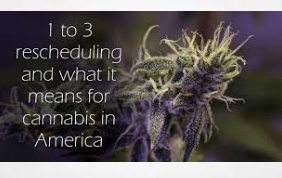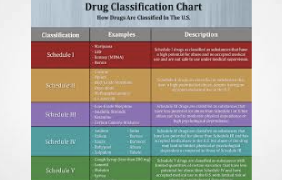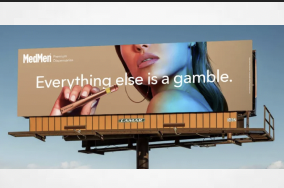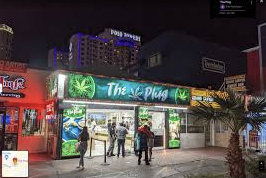A new co-authored book by University of Toronto Mississauga professor Akwasi Owusu-Bempah examines how harsh cannabis laws have contributed to racial injustice—and how to repair the communities most affected.
“Waiting to Inhale” illuminates how the War on Drugs has disproportionally impacted Black and Indigenous communities in the United States through the stories of people who are on the front lines of advocacy. Written alongside entrepreneur and cannabis industry leader Tahira Rehmatullah, the book is set to launch this month with MIT Press.
“The book really provides an overview of how drug law enforcement and the policing of drugs, especially cannabis, has been used to target Black, Indigenous and other racialized populations,” says Owusu-Bempah, an associate professor in the department of sociology at UTM.
“We talk about the huge impact that this has had not only on these individuals but their families and their communities.”
In the 1970s, the U.S. government-led campaign, referred to as the War on Drugs, was established to stop illegal drug distribution and use. In Canada, Prime Minister Brian Mulroney initiated a national drug strategy in July 1982.
But the criminalization of drug use and its history of systemically targeting racialized communities runs deeper.
In the U.S., The Marihuana Tax Act of 1937 made the possession or transfer of cannabis illegal. According to the University of Pennsylvania, a trillion dollars have been spent enforcing drug policy since 1971. By contrast, about a billion dollars have been spent in Canada. Meanwhile, cannabis legalization in Canada and globally is a multibillion-dollar industry.
While discussions and political campaigns about cannabis legalization have largely focused on the positive societal and economic factors, it has in most cases failed to acknowledge the injustices of the War on Drugs.
“Waiting to Inhale” personalizes the need for criminal justice reform in the United States through interviews with people who have served unjust cannabis convictions. Some are now dedicated to advancing cannabis amnesty.
This includes Evelyn LeChapelle. The young mother in Oakland, Calif., spent 87 months in prison after a 2013 arrest for a small role in a cannabis distribution operation, despite having no previous criminal record. LaChapelle was released in 2018 and is now a social justice advocate and entrepreneur who offers employment to those with a similar story.
In 1994, Michael Thompson received a prison sentence of 42 to 60 years for selling three pounds of cannabis to a friend (and police informant) in Michigan. Thompson was incarcerated for 25 years until the recreational use of cannabis became legal in the state in 2018. He is the longest-serving, non-violent offender in Michigan’s history.
“When we look at the harsh penalties associated with the simple possession of cannabis in many U.S. states, they are much more consequential than other more serious crimes like financial fraud or even violent offenses,” Owusu-Bempah says.

















